
Paying It Forward: A Gift That Keeps Giving
IN THE MODERN WORLD, IT’S EASY TO BECOME PREOCCUPIED WITH OUR AFFAIRS AND LOSE SIGHT of the importance...
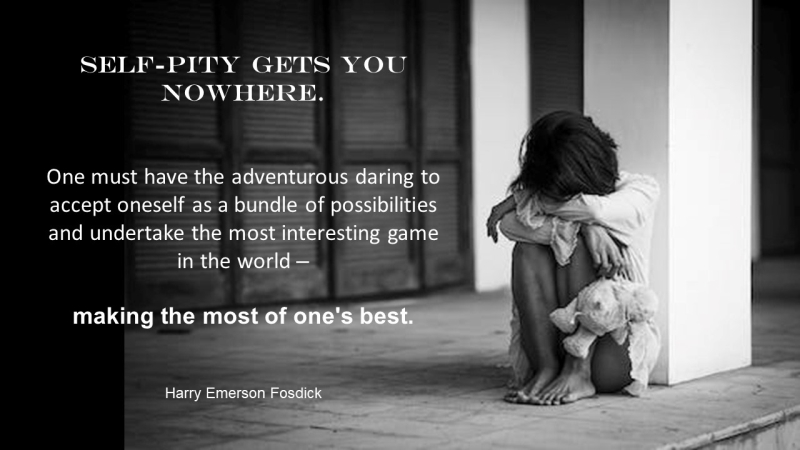
Rise Above Self-Pity: Dare to Be Adventurous
ARE YOU STUCK IN A RUT, CONSTANTLY LAMENTING YOUR PROBLEMS AND FEELING SORRY? If so, you may be experiencing...
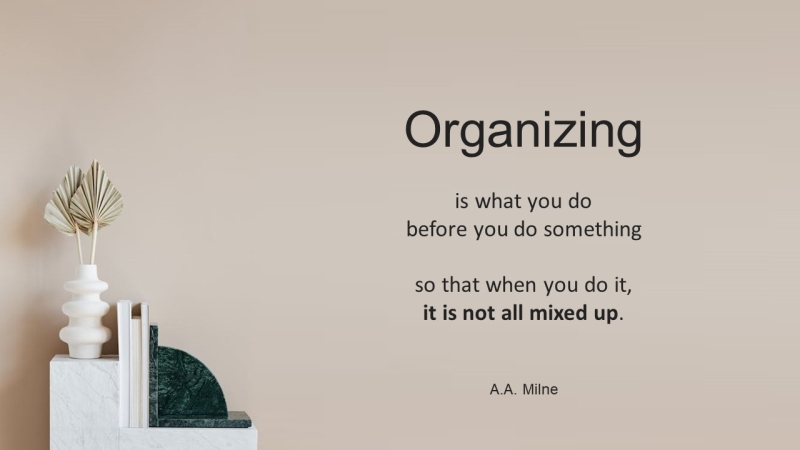
From Chaos to Order: The Art of Organizing
WELCOME TO THE WORLD OF ENDLESS POSSIBILITIES! If you’re feeling overwhelmed and disorganized, you’re not alone. It’s easy...

Nurture Meaningful Relationships and Reap the Rewards
WHY DO SOME PEOPLE SEEM HAPPIER THAN OTHERS? What makes them so successful, happy, and satisfied? While many...
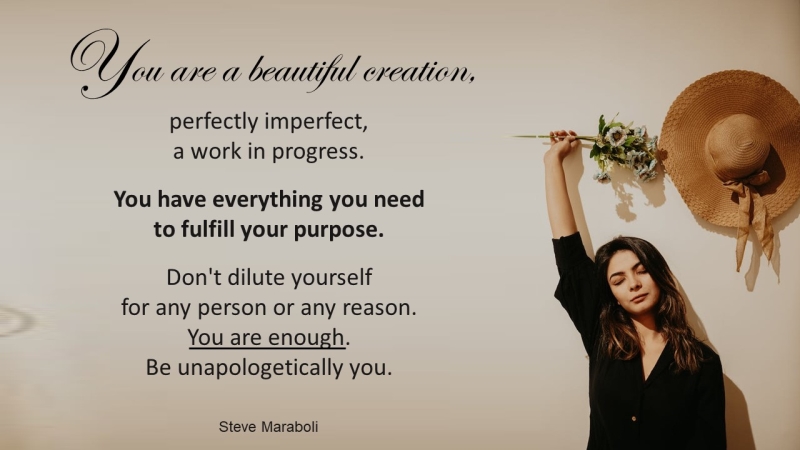
Be Unapologetically You: Live Authentically
IT’S EASY TO BECOME DISTRACTED BY OTHERS’ EXPECTATIONS AND JUDGMENTS. Still, it’s important to remember that your unique personality,...
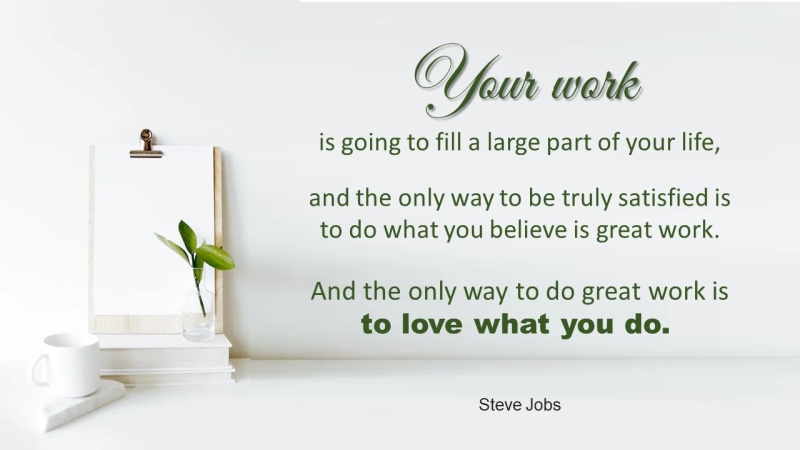
Find Your Passion and Make It Your Life’s Work
IN TODAY’S WORLD, LOSING YOURSELF IN THE DAILY WORK ROUTINE IS EASY WITHOUT EXPERIENCING TRUE FULFILLMENT. If you feel...

Embracing Rejection: Why It’s a Blessing in Disguise
REJECTION IS A DIFFICULT PILL TO SWALLOW. Whether it’s a job application, a romantic interest, or a creative pursuit,...

The Ultimate Love Story: A Hundred Minus One Day
ONE OF THE GREATEST PLEASURES WE CAN EXPERIENCE IS THE LOVE WE SHARE WITH OTHERS. Life is full of...
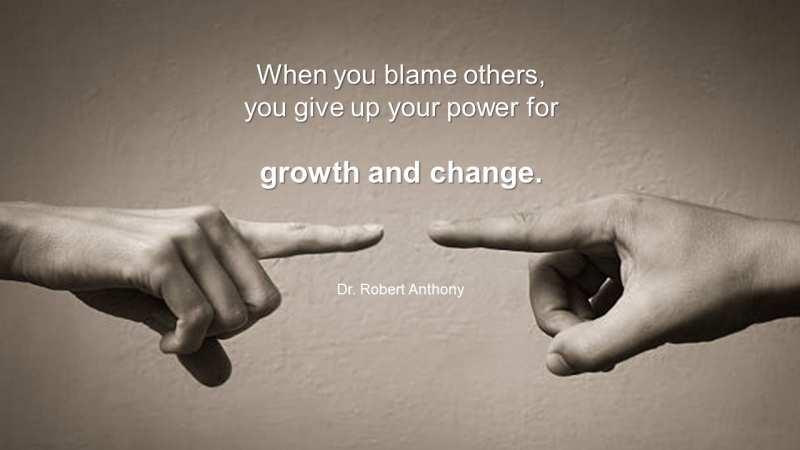
From Victim to Victor: Stop Blaming, Start Growing
ONE COMMON PITFALL IS THE TENDENCY TO HOLD OTHERS RESPONSIBLE FOR OUR SETBACKS OR SHORTCOMINGS. But assigning blame...
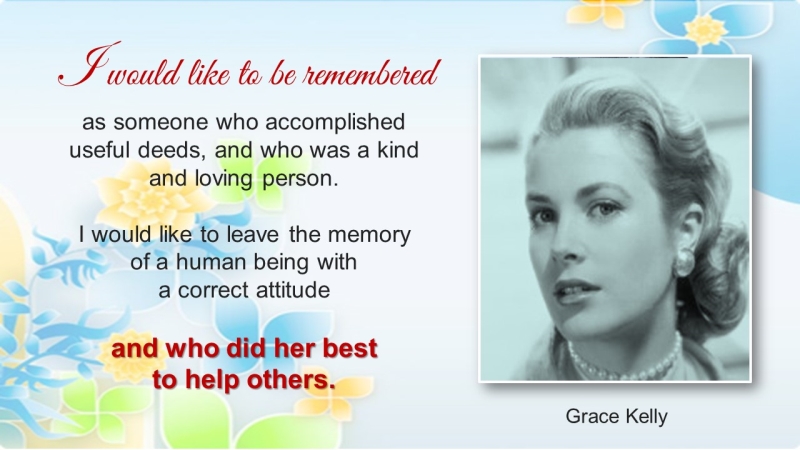
True Success Is Leaving a Legacy of Love and Good Deeds
HAVE YOU EVER WONDERED WHAT SUCCESS ENTAILS? Is it only about acquiring money, influence, and prestige? While these...